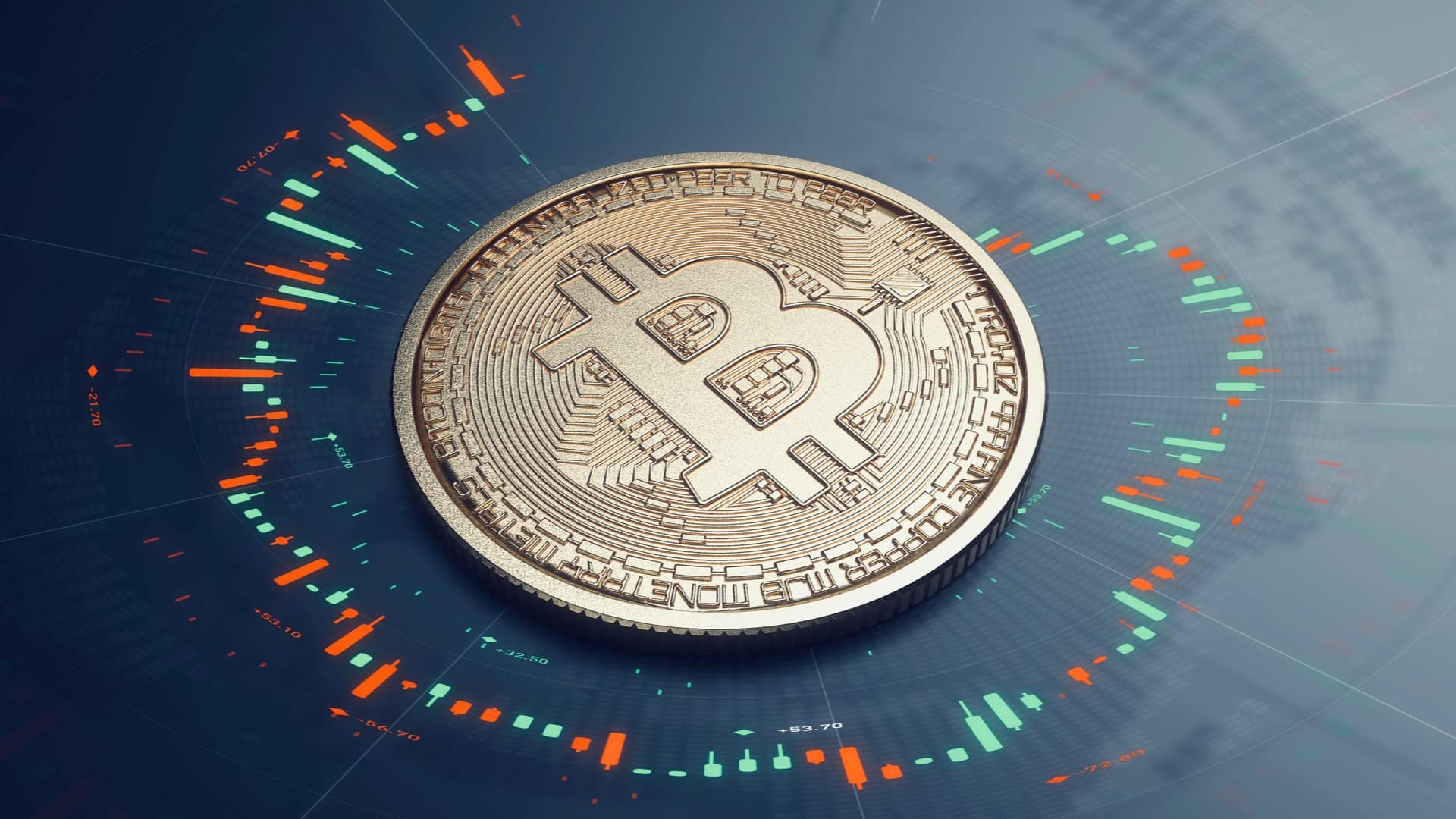Table of Contents
On March 26, Google Play took a digital sledgehammer to the crypto world by blocking access to 17 foreign cryptocurrency exchanges targeting South Korean users. This action wasn’t a glitch in the matrix—it was a strategic move prompted by South Korea’s financial watchdogs. The Financial Intelligence Unit (FIU) of the Financial Services Commission (FSC) is now considering sanctions against unregistered crypto exchanges that failed to play by the local rulebook.
Tighter Rules for Crypto Exchanges: The Regulatory Noose Tightens
According to the “Specified Financial Information Act”, all Virtual Asset Service Providers (VASPs) must register with South Korea’s financial authorities. On March 21, the FIU announced its partnership with the Korea Communications Standards Commission (KCSC)—South Korea’s Internet sheriff—to block access to rogue platforms.
The now-infamous list includes 22 non-compliant exchanges, and 17 of them have already vanished from the Google Play Store like your altcoin dreams in a bear market.

What Does This Mean for Crypto Users?
If you were planning to download apps like KuCoin, MEXC, Phemex, XT.com, CoinEX, or BitMart, think again. New users are locked out, and existing users won’t get updates—that’s right, your favorite trading app is now in digital quarantine.
The FSC hopes this crackdown will deter money laundering and prevent South Korean users from becoming unwilling extras in the next crypto scandal documentary.
Teaming Up with Apple Korea and KCSC
The digital dragnet doesn’t stop at Google. The FIU is also working with Apple Korea and the KCSC to apply the same restrictions on the App Store and web access.
KuCoin, trying not to ruffle any feathers, issued a statement saying it’s closely monitoring regulatory changes in South Korea and stressed the importance of legal compliance for the crypto industry’s long-term health—though they were suspiciously quiet about any concrete plans for actually following the law.
Regulators Turn Up the Heat on Crypto Platforms
This isn’t an isolated move—it’s part of a broader wave of regulatory crackdowns sweeping South Korea. Just days earlier, on March 20, prosecutors raided Bithumb’s offices over suspicions of financial misconduct, allegedly involving a former CEO.
To spice things up, reports emerged that brokers had been paid to list tokens on Bithumb and Upbit, prompting further scrutiny of listing practices on local exchanges.
Conclusion: South Korea Means Business
What’s the takeaway? South Korea is no longer turning a blind eye to shadowy crypto operations. With tech giants like Google and Apple now acting as regulatory sidekicks, the days of the Wild West crypto market may be numbered—at least in South Korea.
So, if you’re a crypto exchange flying under the radar, you might want to get your paperwork in order… or prepare to vanish from app stores faster than meme coins after Elon stops tweeting.
























